This essay stands out because it moves beyond sensational fears about AI replacing humans and instead offers a practical framework for understanding when AI genuinely outperforms humans and when human skills remain irreplaceable… (at least for now).
This article highlights significant flaws within the proposed NO FAKES Act, whose repercussions would extend far beyond U.S. borders. I found it particularly insightful because of the parallels it draws between this bill and existing mechanisms for addressing copyright infringement, outlining how the deficiencies within the latter are likely to be mirrored in the former.
Driven by ethical concerns about using existing artwork to train gen AI models, an artist created his own model that produces output untrained on any data at all. What was interesting to me is that, in exploring whether gen AI could create original art, he also demonstrated a potential path to better understanding how such (…)

Images façon “studio Ghibli”, tendance Starter Pack. derrière leur aspect ludique, ces images générées par l’intelligence artificielle générative posent des questions environnementales très concrètes. Réponses avec Babak Falsafi, professeur ordinaire à la faculté d’Informatique et de Communications de l’EPFL, président et fondateur de l’Association suisse pour l’efficacité énergétique dans les centres de données (SDEA).
Cycle tracking apps are not only helpful for those trying to conceive, but also serve as important tools for keeping track of one’s general reproductive health. As this article discusses, however, such tools can quickly become a double-edged sword due to the high value of the data they collect, which can potentially end up in (…)
This article underscores that neither digital policies nor technologies can be discussed in isolation. Using Indonesia as an example, it lays out how the country’s laws and regulations on internet content are actually implemented by the ISPs and examines how the combination of vaguely worded laws and sweeping filtering methods ultimately impacts citizens’ access to (…)
This article is interesting because it highlights the opportunities and challenges of personal data ownership. Although tools such as dWallet claim to empower users, they can encourage the poorest and least educated people to sell their data without understanding the risks, thereby widening the digital divide. True data empowerment means that everyone must have the (…)
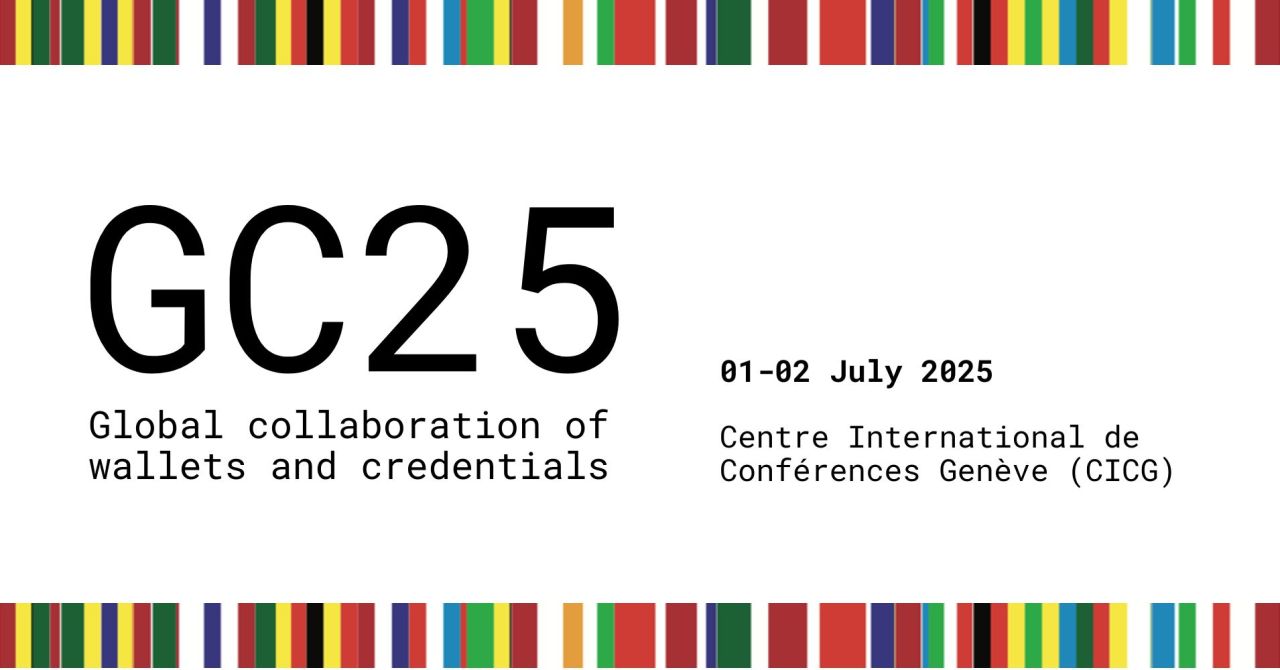
To foster wallets, credentials and trusted infrastructure for the benefit of all humans. Leading organizations from across the globe coming together to shape the future of digital identity, in particular in the realm of secure, interoperable wallets, credentials and trusted infrastructure.
That is a very nice attack on privacy-protection in the mobile browsers: even if you don’t allow any cookies and don’t consent on being tracked, you’re browsing behaviour is still tracked. The idea of communicating from the mobile browser to your locally installed app is technically very interesting, and seems to be difficult to avoid (…)
Cybercriminals are using U.S. cloud providers like AWS and Azure to hide their activities, creating an “infrastructure laundering” trend that complicates cybersecurity. The whac-a-mole responses highlight the urgent need for better coordination and reveal that current strategies can’t keep up with criminals’ quick adaptation and evasion tactics.
Agentic AI has only recently emerged, yet it is already being used to commit fraud. This trend is not new; historically, fraudsters have exploited new technologies to target unsuspecting users and weak security systems, as seen with the first instances of voice phishing during the rise of telephony in the early 20th-century. These challenges have (…)
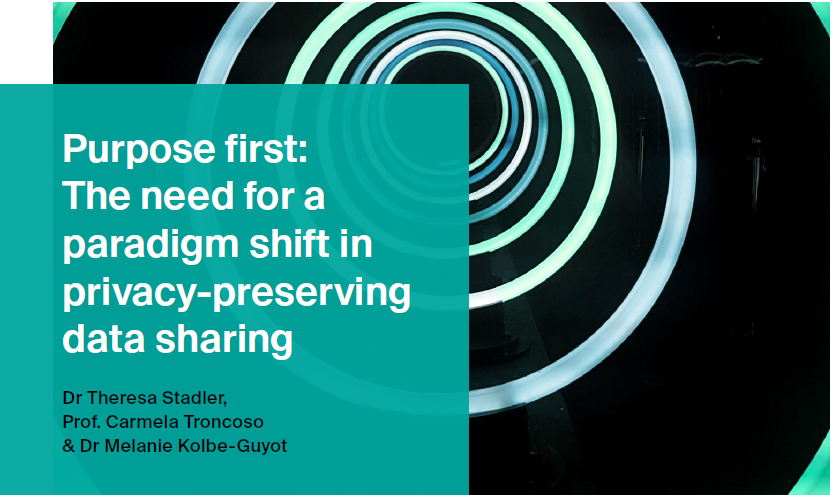
This policy paper highlights the crucial trade-off between privacy and utility in data sharing and call for a shift from technology-centric solutions to purpose-driven policies. The paper formulates eight actionable recommendations to guide realistic, privacy-preserving data-sharing practices in Europe.
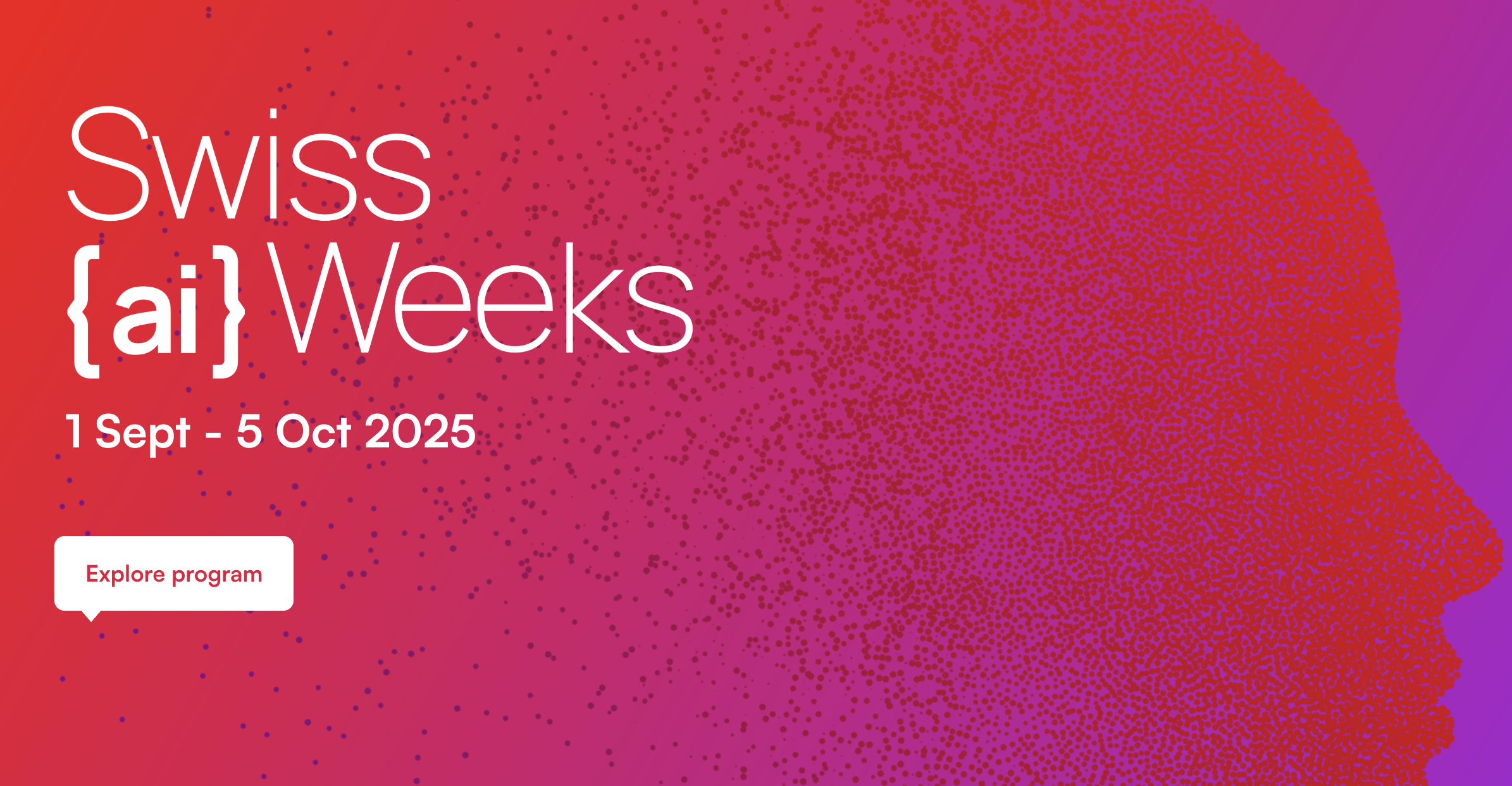
Join the movement! Swiss {ai} Weeks calls on researchers, developers, businesses, and citizens to come together and build the future of AI — hands-on, ethical, and open. This isn’t just exploration, it’s collaboration in action.
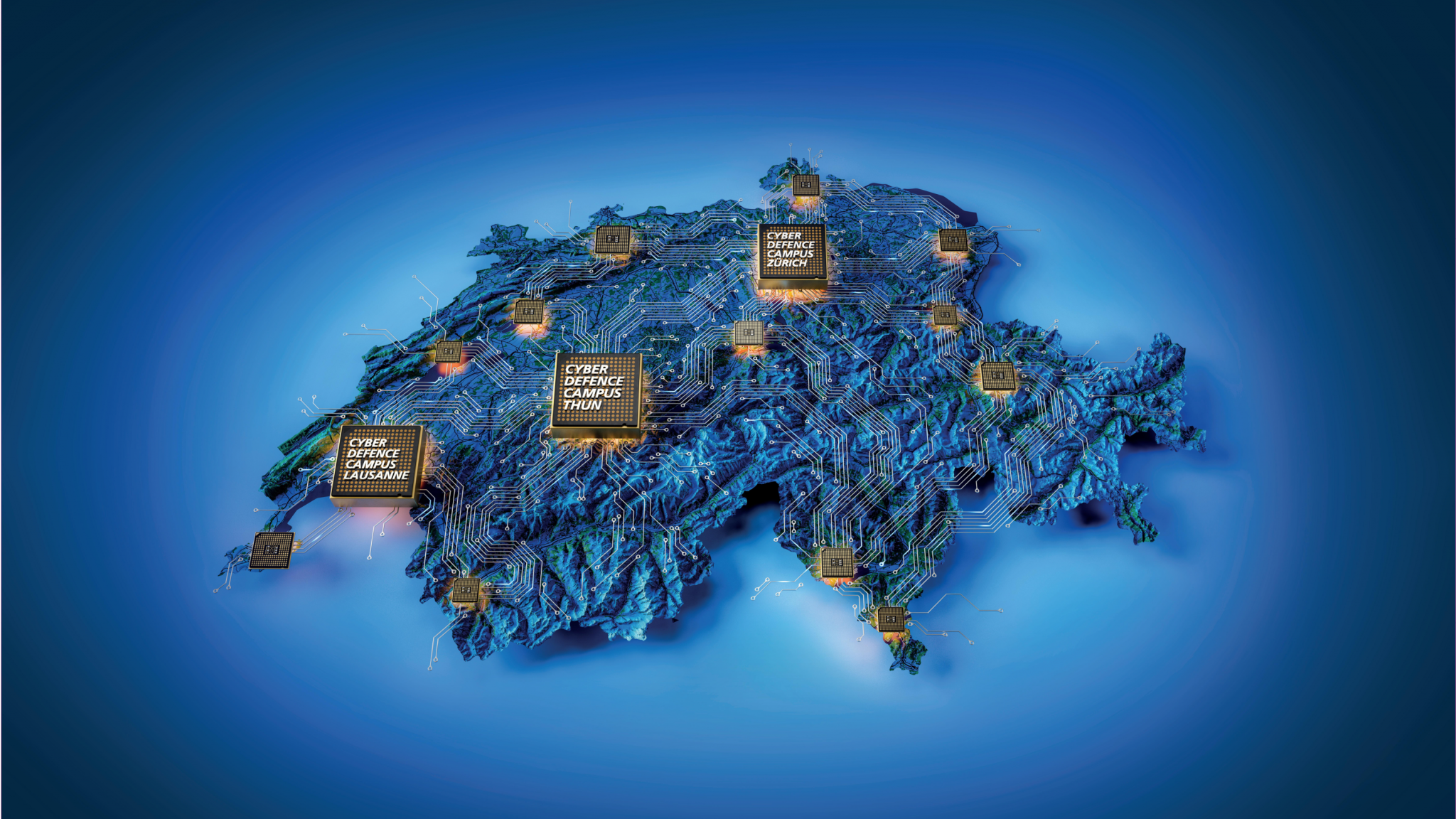
To promote research and education in cyber-defence, the EPFL and the Cyber-Defence (CYD) Campus have jointly launched the “CYD Fellowships – A Talent Program for Cyber-Defence Research.”
The 12th call for applications is now open, with a rolling call for Master Thesis Fellowship applications and Proof of Concept Fellowship applications, and with a deadline of 20 August 2025 (17:00 CEST) for Doctoral and Distinguished Postdoctoral Fellowship applications.
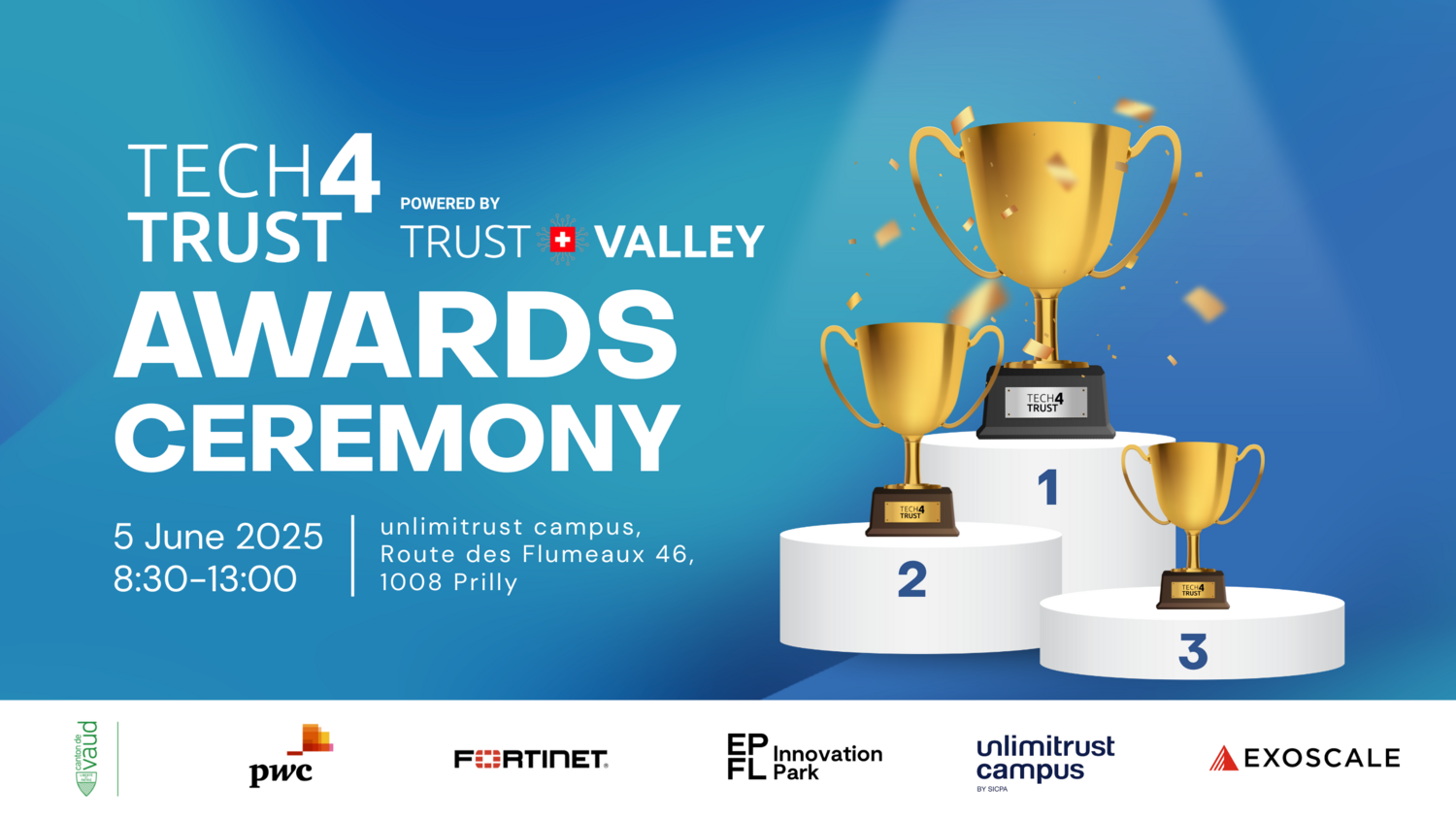
Join us for the Tech4Trust Season 6 Awards Ceremony, celebrating excellence in cybersecurity and digital trust startups. This high-level event brings together corporate decision-makers, investors, and Switzerland’s most innovative startups for a day of recognition, insights, and networking. 🏆🎉 Sponsored by our strategic partners Canton of Vaud, PwC Switzerland, Fortinet, Unlimitrust Campus, and Exoscale.

Being the head of the Natural Language Processing Laboratory at EPFL, Antoine Bosselut keeps a close eye on the development of generative artificial intelligence tools such as ChatGPT. He looks back at their evolution over the past two years and suggests some avenues for the future.

In this paper, the authors highlight the crucial trade-off between privacy and utility in data sharing and call for a shift from technology-centric solutions to purpose-driven policies. The paper formulates eight actionable recommendations to guide realistic, privacy-preserving data-sharing practices in Europe.
Although this article only lightly touches upon the broader implications of connected devices and Big Tech’s access to personal information, it vividly illustrates how data of our daily lives accumulate over time, using the example of a family and their home smart speaker.
ENISA’s new vulnerability database is a significant development in the pursuit of European digital sovereignty. It reduces reliance on US-dominated resources and could lead to better alignment with EU regulations, such as the GDPR and the NIS2 Directive. However, key questions remain about coordination with existing global databases, disclosure policies, and the participation of non-EU (…)

Switzerland’s digital identity (eID) system is ready, and a public referendum on the new law is scheduled for 28th of September 2025. C4DT started working on the recently awarded Innosuisse grant to research privacy-preserving technologies for the eID. We’ll present our first findings, as well as the current Swiyu test environment during our upcoming hands-on (…)
The new bill shifts Japan’s strategy from defensive cybersecurity to active threat disruption, similar to approaches in other countries like the U.S. However, it uniquely empowers military and law enforcement to take preemptive actions, including deploying ‘cyber harm prevention officers’ to disrupt enemy servers without explicit oversight during critical incidents, raising concerns about potential ‘vigilante (…)
Dieser Artikel stellt die Arbeit der Initiative Data4Mods vor – eine Kooperation zwischen der African Content Moderators’ Union (ACMU) und der schweizerischen NGO personaldata.io, deren Ziel es ist, die Verflechtungen in den Arbeitsbeziehungen im Bereich Contentmoderation und Datenarbeit offen zu legen. Die Abwicklung über Dienstleister, die Outsourcing-Zentren in Ländern auf dem afrikanischen Kontinent betreiben, verschleiert die Rolle der (…)
Don’t mess with Texas! This settlement, along with the $1.4 billion agreement Meta reached with Texas last year over privacy violations, will hopefully disincentivize companies from engaging in similar practices. While Google doesn’t admit to any wrongdoing with this settlement, it’s still a significant win for data privacy advocates.
Companies are taking advantage of the digital world to keep control over physical devices, even after you buy them. The latest licensing terms of the Nintendo Switch 2 contains wording that allows the company to permanently disable the console if it determines you’ve violated their terms. This highlights a serious trust concern: even after paying (…)







